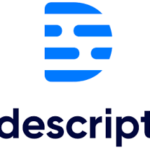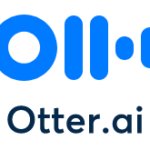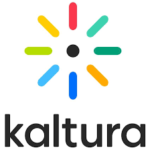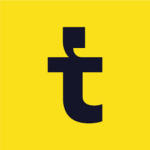Accessibility
Accessibility in podcasting is an important consideration in making sure that your work is available to audience members with different needs. One way to increase accessibility in your work is to generate transcript files to share with your audience. These files can be linked on your podcast site and can help deaf or hard-of-hearing users consume your content.
Here are some recommendations for software to generate transcriptions:

Descript is a recording and editing software with both free and paid tiers. The free tier offers 3 hours of transcription, full editing capabilities, unlimited screen recordings, and studio sound effects.

Otter.ai uses artificial intelligence to empower users with real-time transcription meeting notes that are shareable, searchable, accessible and secure. The free tier supports 300 monthly transcription minutes; 30 minutes per conversation.
For Trinity users:

For Trinity faculty | students | staff: Kaltura is the the easiest way to generate transcripts for media projects. All students and faculty can use the platform by logging in using their trincoll credentials. Learn more here.

Trint uses AI powered software to quickly transcribes video & audio files to text.
For trinity faculty | students | staff: In special circumstances, the Kaltura captioning process is not ideal. This includes media files in a foreign language (not English), or media that contain discipline-specific vocabulary words. In these situations, the STAs can support Trinity College students and faculty by creating transcripts for them using Trint software. Learn more here.